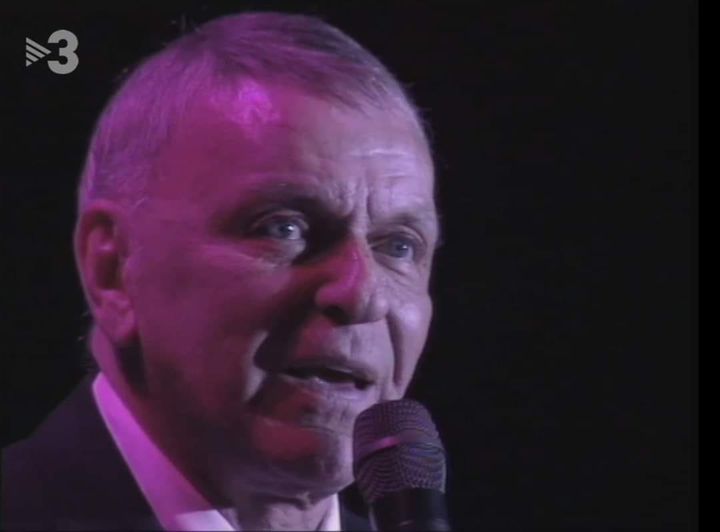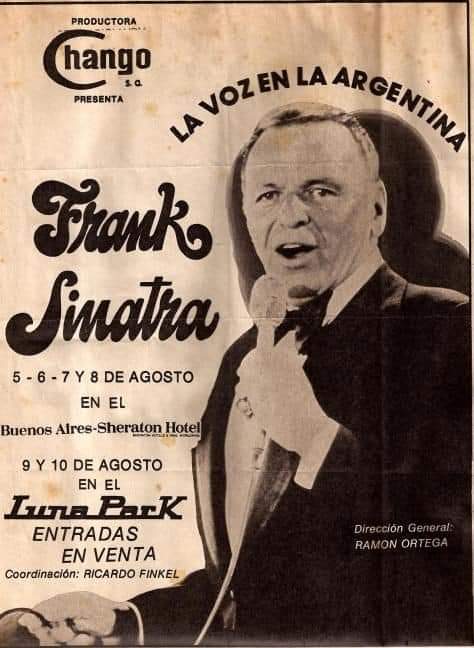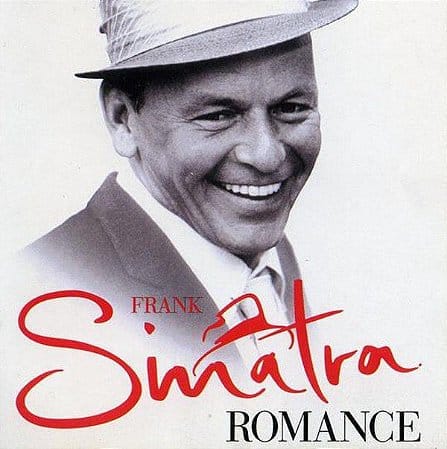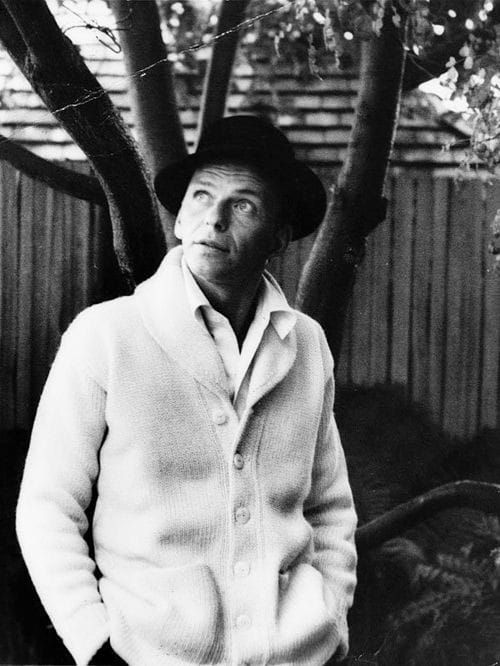
THE LAST VOICE TO HEAR
By Mahnuel Muñoz
Frank often made a toast to the audience at his concerts: “May you live a hundred (or a thousand, or six thousand five hundred) years and the last voice you hear is mine.” Growing old with Sinatra is something that I take for granted in my life. I doubt that young people, with their Malumas and their Bad Bunnys, can (or want to) do the same. Imagine one of our adolescents as agonizing octogenarians passing to the other plane to the rhythm of reggaeton…
In this strange world, youth is considered a value in itself without the need to be endowed with other virtues, unlike ancient cultures, which saw their elders as a lighthouse, people with experience and wisdom who could be consulted. Over the years, popular culture has aggravated this situation to the point of a dangerous infantilism garnished with outrageous disdain for the elderly. I have always felt respect and admiration for our elders, even more so if they are capable of continuing to contribute growth to society with their work, avoiding the avid attacks of La Parca. Perhaps I am conditioned by personal circumstances, but the truth is that I have found it particularly emotional and inspiring to review on video and audio the concert that Sinatra gave on June 3, 1992 in Barcelona.
When talking about Sinatra’s twilight art it is easy to fall into the sterile comparison of his voice with what it was in the ’40s, ’50s, ’60s or ’70s, clearly an unfair and superficial verdict of the work offered. by the artist in the last five years of his career. The appropriate thing is, in my opinion, to contextualize the work in time and space and extract the hidden message beneath the visible. I think that what Sinatra lost as a vocalist over the years he compensated with an interpretive intensity that emerged from the deepest chasm of his soul: his sadness, his rebellion, his remorse and his fear pulse more strongly than ever. in the songs; The veil that separated man and artist had always been quite light, but in the 90s it directly fell to the ground to let us see citizen Francis in all his purity.
In Barcelona – and in countless recitals of the time – Sinatra offers the ultimate essence of songs like “One For My Baby” or the Medley “The Gal That Got Away”/It Never Entered My Mind“; in them the hopeless loser neither He doesn’t even have time to heal his wounds, his final trance awaits him when he pays for the last Jack Daniel’s. In the same way, the fierce battle between life and death makes “Come Rain Or Come Shine“, “My Way” , “Luck Be A Lady“, “What Now My Love“, “Mack The Knife” and “(Theme From) New York, New York” in perfect examples of Kantian sublimity that leave you disarmed and with tears in your eyes before the impossibility of understanding why the ruins of what was once so beautiful can compete with dignity in beauty. The members of the orchestra, directed by Frank Junior, safeguard the dignity of the singer, propelling him or embracing him with their instruments as necessary. both parts is epic and overwhelming. No one can convince me that there is no greatness in these shows.
I read somewhere that an old man is someone who considers his task accomplished, and in that sense, Frank remained young until the last song. It is true that he could have retired after the magical recital on the occasion of his 75th anniversary, but he did not do so because he had already verified in his first attempt at retirement in 1971 that beyond music there is only silence and noise; The world he knew was slowly dying and maybe a song would keep the flame burning. Sinatra is the song and to be it has to be played. To paraphrase Gay Talese, Sinatra without singing is Picasso without paintings and a Ferrari without gasoline. Without a song, Frank would have died long before 1998.
More importantly, Sinatra could not stop singing because he felt indebted to those who had been accompanying him for half a century. I was never at any of his concerts, but I thank him on my behalf and on behalf of those who were able to vibrate in those last performances for unraveling his existence on stage and fulfilling the commitment made to the world on a hot day in July 1939, when he first recorded “All Or Nothing At All“, his genuine life anthem. Frank was always “all or nothing.” Take it or leave it.
Denying this silver-tempered Sinatra would be like stopping loving the person with whom you have shared your entire life just because his skin has wrinkled; It would be to deny Frank his human condition and, therefore, ours.
If you want to visit more articles about the life of Frank Sinatra enter the following Sinatra Radio 24h link: https://sinatraradio24h.com/category/articles/
We remind you that you can also listen to Sinatra Radio 24 hours on your mobile phone by downloading our free applications for Android in the Play Store https://play.google.com/store/apps/details?id=sinatra.radio24h








